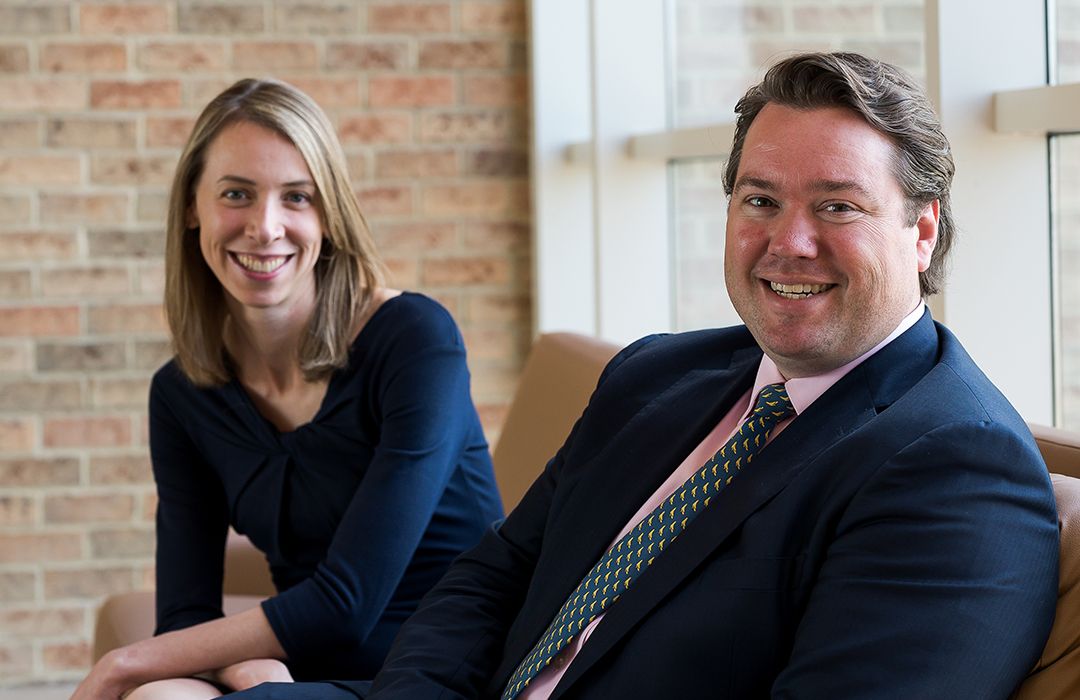In the previous article in this series I shared my concerns over the implications that two studies show only 30% of Americans have a basic understanding of financial matters and only 33% of Americans have a will or trust that will instruct how assets will be distributed at death. The survey on estate plans by caring.com lists the primary reasons people don’t plan: They don’t think they need one, think it’s too expensive, or haven’t gotten around to it. You do. It’s not. It’s time.
Here are five reasons to dive into financial and estate planning today:
- Ignorance is not bliss when it comes to your financial position. While there is more to planning than your finances, you do need to know where you stand. Look at your entire financial picture, including savings, investments, and debts. Once you know where you are, you know what’s possible. If you find you aren’t where you want to be, you can make adjustments.
- Life changes all the time! Changes such as retirement, moving, marriage, divorce, children or grandchildren or changes in the economy, politics, and tax laws can prompt changes in your financial or estate plans. Many planning decisions are revocable, but it is recommended to have an independent third-party review decisions that are irrevocable.
- Surprises are best left for birthday parties. Unfortunately, life doesn’t always cooperate, and you need to be prepared for everything and anything — even if that means considering your own or a loved one’s mortality. Having a plan is an act of compassion; it can provide guidance for your loved ones during a difficult time.
- Information is power. Explore the world of financial and estate planning like your future depends on it. Research could reveal financial tools, tax solutions, or other legacy ideas you aren’t aware of.
- What is a legacy? Per Lin-Manuel Miranda, in the lyrics of his musical “Hamilton” — “It’s planting seeds in a garden you never get to see.” Think about your values, how you embody them, and the impact you could have and want to have.
Everyone has different expectations about life and ideas on how to live it. Inspired by the “choose your own adventure” books my son has read, I wrote “Choose Your Own Adventure: A Financial and Estate Planning Guide” to put you in control of determining your financial and estate planning priorities. Whether your plans need updating or you are creating a new one, you should prepare like it’s an adventure!
If you are eager to get started, just download the Choose Your Own Adventure Guide. (And read the next article.)
Jennifer Keyo, CSPG
Director of Legacy and Leadership Giving
860-408-3039






















